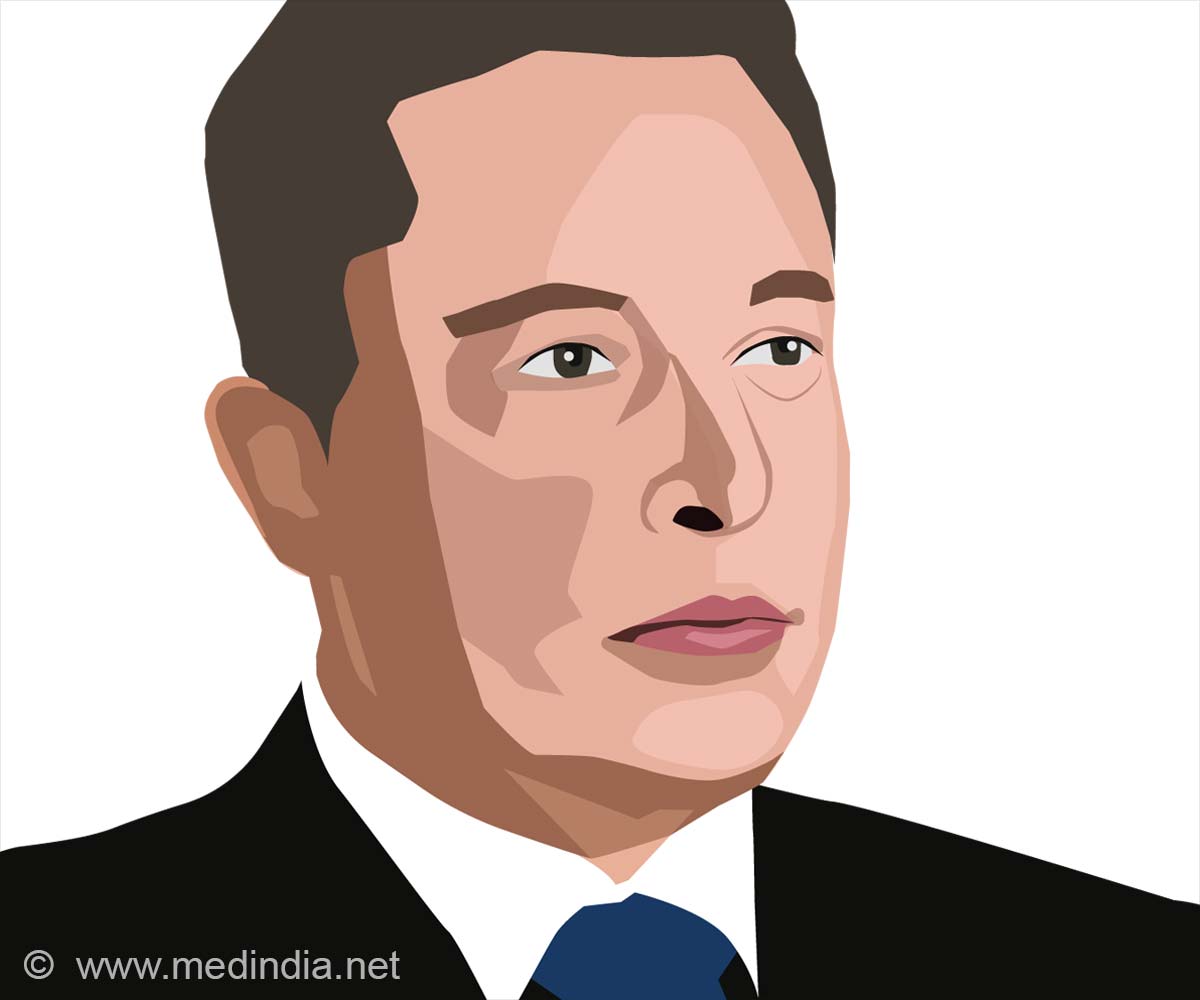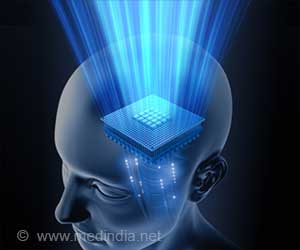Neuralink's Blindsight implant aims to restore vision for individuals with complete blindness by bypassing damaged optic nerves and directly interfacing with the brain.

- Neuralink’s Blindsight implant sends visual information directly to the brain, bypassing damaged optic nerves
- FDA grants breakthrough device designation, fast-tracking the potential for widespread use
- Future upgrades may enable sight enhancements beyond human capabilities, including infrared and ultraviolet vision
The potential to restore vision with Neuralink's "Blindsight" neural interface technology
Go to source).
Neuralink’s Blindsight could enable those blind from birth to experience sight for the first time. #neurotech #visionrestoration #medindia’
FDA Approval Marks a Milestone in Vision Restoration
Neuralink has made significant strides in brain chip technology over the years, and its newest invention has garnered the attention of the US Food and Drug Administration (FDA). The agency recently awarded the "breakthrough device" designation to the Blindsight implant, signaling its potential for addressing unmet medical needs. While the device is still in its experimental phase, receiving this designation is a crucial step toward bringing this transformative technology to patients.Restoring Vision to the Blind: How It Works
Blindsight implant is designed to restore vision by bypassing damaged or absent optic nerves and sending visual information directly to the brain. According to Musk, even individuals who have lost both eyes could benefit from the device, as long as their visual cortex remains functional. This opens up the possibility for those blind since birth to experience sight for the first time.Musk has also emphasized that the initial visual experience may be akin to "low-resolution" video game graphics, but future advancements could surpass the quality of natural human vision. Not only could the technology restore sight, but it may also enhance it, potentially allowing users to see in infrared, ultraviolet, or even radar wavelengths.
Revolutionary Technology on the Horizon
Neuralink has already demonstrated the power of its brain chips by allowing users to play video games and operate devices using only their thoughts. The company has also been working on brain implants that help individuals with quadriplegia interact with digital devices. These innovations are part of Musk’s larger vision of integrating humans and artificial intelligence to overcome biological limitations.While the timeline for human trials and widespread implementation of the Blindsight implant remains uncertain, the announcement has generated immense excitement. Neuralink’s CEO, Linda Yaccarino, called the development a “miracle,” underlining the profound impact this technology could have on people’s lives.
Future of Brain-Computer Interface Technology
Founded in 2016, Neuralink has made rapid advancements in neural interface technology. The company’s ultimate goal is to create seamless communication between the brain and machines, which could revolutionize healthcare, communication, and even human cognition.Along with vision restoration, Neuralink’s other projects include brain implants designed to help individuals with paralysis regain control over their bodies. These devices work by processing neural signals and transmitting them to external devices like computers or smartphones, allowing users to control these gadgets with their thoughts.
Challenges and Ethical Considerations of Neuralink
While Neuralink’s innovations are undeniably exciting, they also raise ethical questions. The idea of enhancing human abilities through brain-computer interfaces, for instance, brings up concerns about the potential for inequality and misuse. As the technology advances, it will be essential for policymakers and ethicists to carefully consider how it is developed and deployed.Moreover, the long-term effects of brain implants on users’ mental and physical health remain largely unknown, making thorough research and testing imperative. Musk has acknowledged these concerns and has committed to working closely with regulatory bodies like the FDA to ensure the safety and efficacy of Neuralink’s devices.
As Neuralink continues to innovate, the company’s vision of merging humans with artificial intelligence is becoming more tangible. From restoring vision to the blind to giving quadriplegics newfound independence, the potential applications of brain-computer interface technology are vast.
Though the Blindsight implant is still in its early stages, its development represents a significant leap forward in medical technology. With the continued support of regulatory bodies and the scientific community, Neuralink may soon transform the way we perceive and interact with the world.
Neuralink’s ongoing work highlights the incredible potential of brain-computer interfaces to change lives. As the company pushes the boundaries of what is possible, it invites us to imagine a future where disabilities are overcome through the seamless integration of technology and biology. While many hurdles remain, the promise of a world where the blind can see and the paralyzed can move is closer than ever before.
Reference:
- The potential to restore vision with Neuralink’s "Blindsight" neural interface technology - (https://journals.lww.com/pajo/fulltext/2024/05310/the_potential_to_restore_vision_with_neuralink_s.5.aspx)
Source-Medindia









